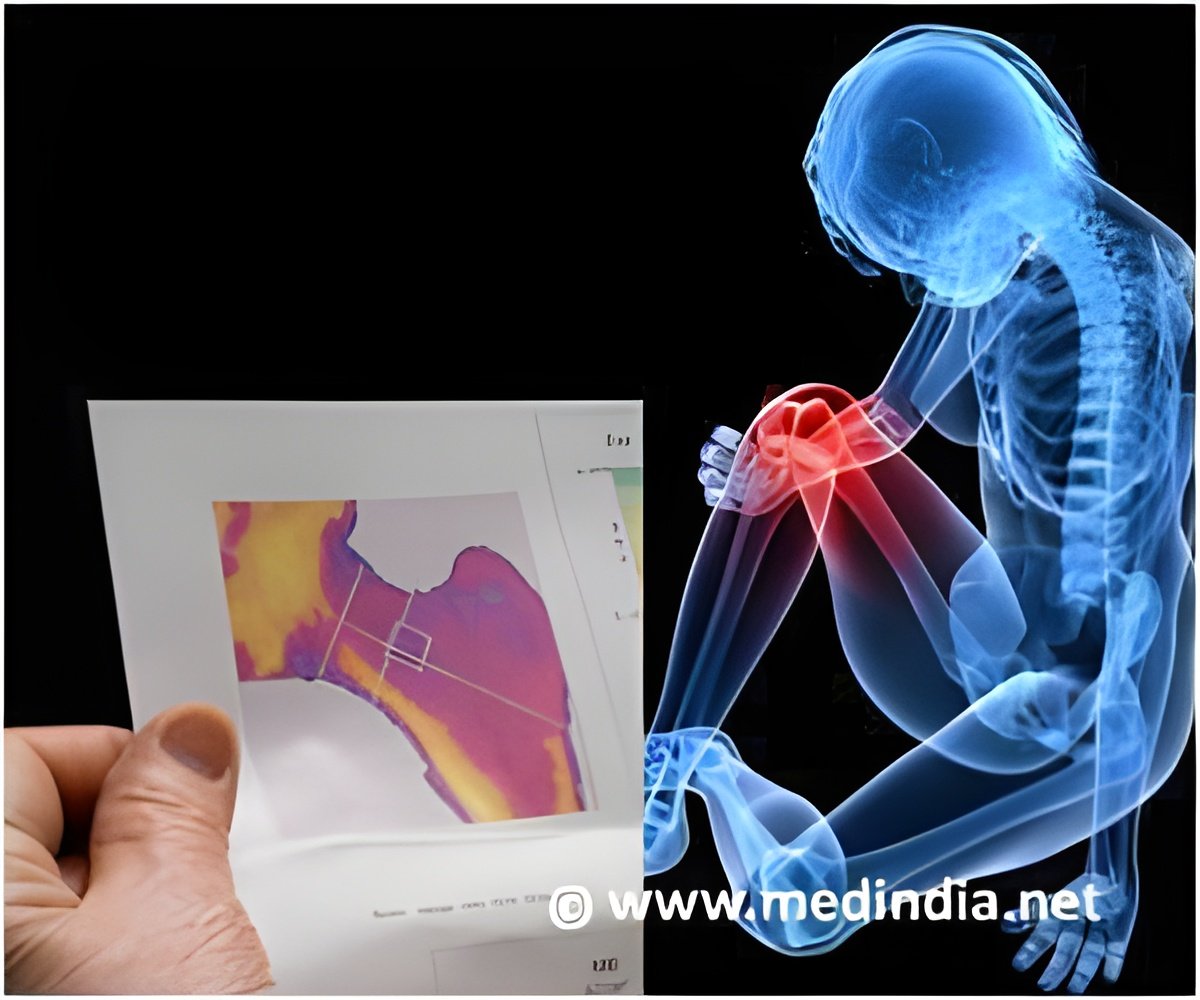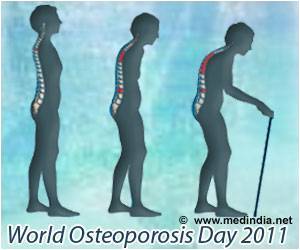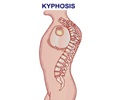
Osteoporosis is a silent disease of the bones that makes them weak and prone to fracture. By the mid-thirties, most people begin to gradually lose bone strength as the balance between losing bone (resorption) and adding new bone (formation) shifts, so that more bone is lost than can be replaced. As a result, bones become thinner and structurally weaker. Bisphosphonates are a type of medication commonly used to treat osteoporosis and prevent osteoporotic fractures.
Previous reports have raised concerns that long-term treatment of osteoporotic patients with bisphosphonates might cause unusual types of fractures in the hips and thighs called ‘atypical fractures.'' These studies have found a wide range of estimates of increased risk of atypical fractures, and many of these reports may have overestimated the risk. These reports have generated significant concern among patients and health care providers, which has slowed the use of this otherwise effective treatment.
Researchers from the Dartmouth-Hitchcock Medical Center, Lebanon, N.H, recently systematically reviewed and summarized studies reporting rates of atypical femoral fractures in people receiving bisphosphonates for osteoporosis. The study was conducted to obtain better fracture risk estimates, so that clinicians and patients could weigh these risks against the benefits and make informed decisions about using bisphosponates.
"Deciding to start a medication for this disease requires weighing the risks and benefits of therapy. To help decision-making, we summarized available studies to describe the absolute risk of atypical fractures," says John N. Mecchella, DO, MPH candidate at The Dartmouth Institute for Health Policy & Clinical Practice, instructor of medicine and physician at the Dartmouth-Hitchcock Medical Center, Lebanon, N.H.
The research team led by Dr. Mecchella reviewed medical publications from 1948 to 2012 that reported atypical femoral fractures among people with osteoporosis who were taking bisphosphonates. Two hundred and fifty-seven studies were identified, of which 12 met inclusion criteria. Studies that evaluated bisphosphonate usage in patients with cancer were excluded. Among all the included studies, several hundreds of thousands of bisphosphonate-treated patients were followed over a period ranging from less than one to 10 years of bisphosphonate usage. In this group, only 1,440 atypical fractures were identified by disease classification codes - with 160 of those fractures being confirmed by X-ray.
Advertisement
"While atypical fractures associated with bisphosphonates can occur, their incidence is low, and fear of this rare side effect should not outweigh the known significant benefits of bisphosphonates, which have been proven to reduce fractures from weak bones," says Dr. Mecchella.
Advertisement
The American College of Rheumatology is an international professional medical society that represents more than 9,000 rheumatologists and rheumatology health professionals around the world. Its mission is to advance rheumatology. The ACR/ARHP Annual Meeting is the premier meeting in rheumatology. For more information about the meeting, visit www.acrannualmeeting.org or join the conversation on Twitter by using the official hashtag: #ACR2012.
Source-Newswise














